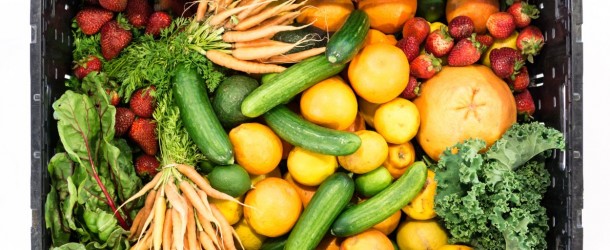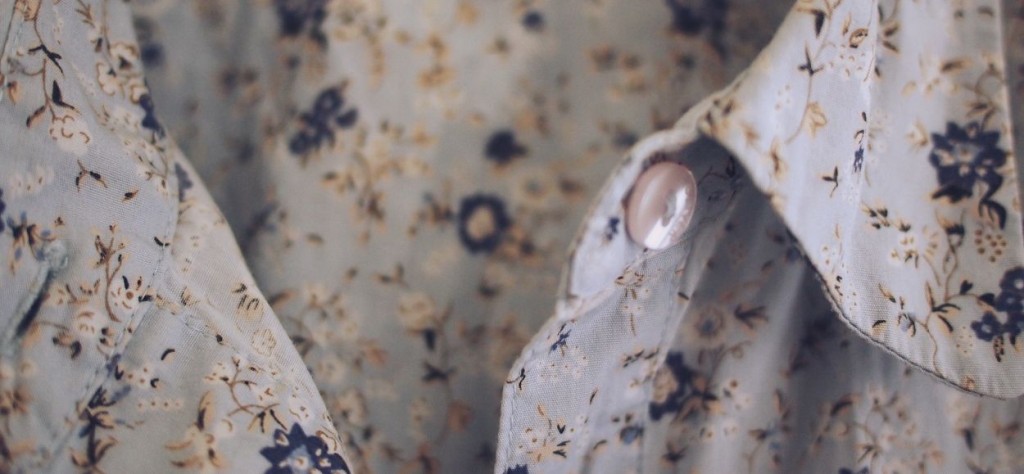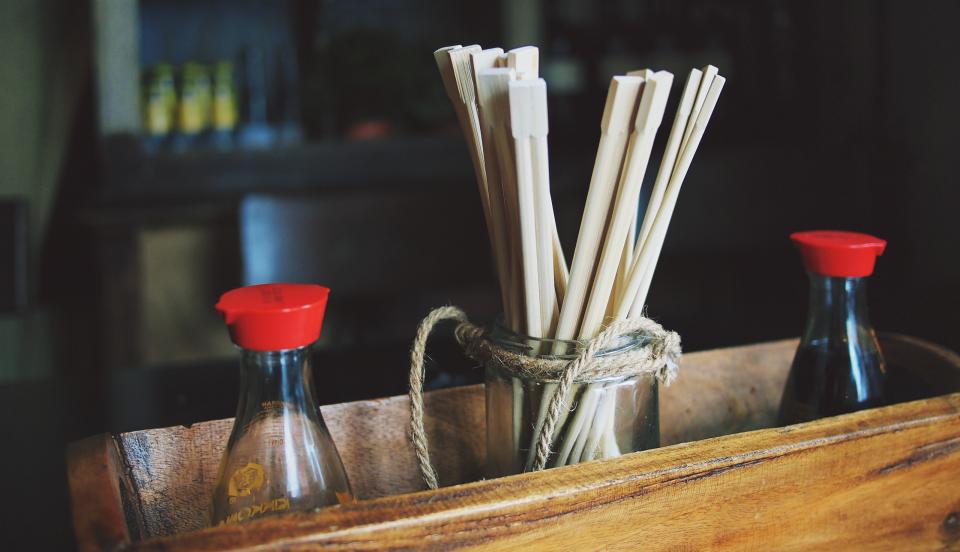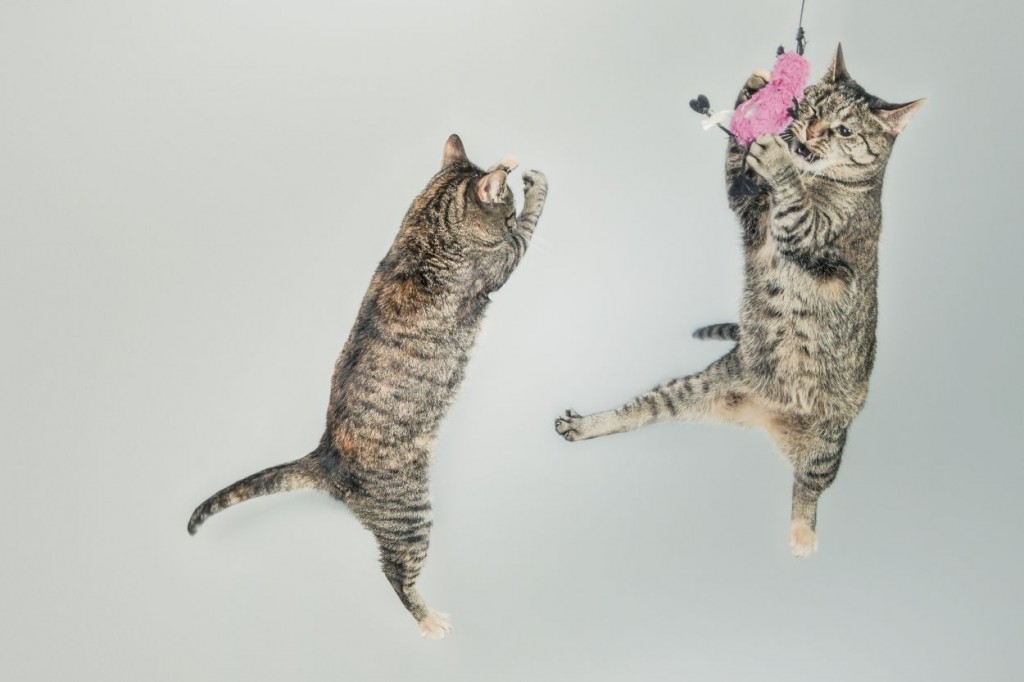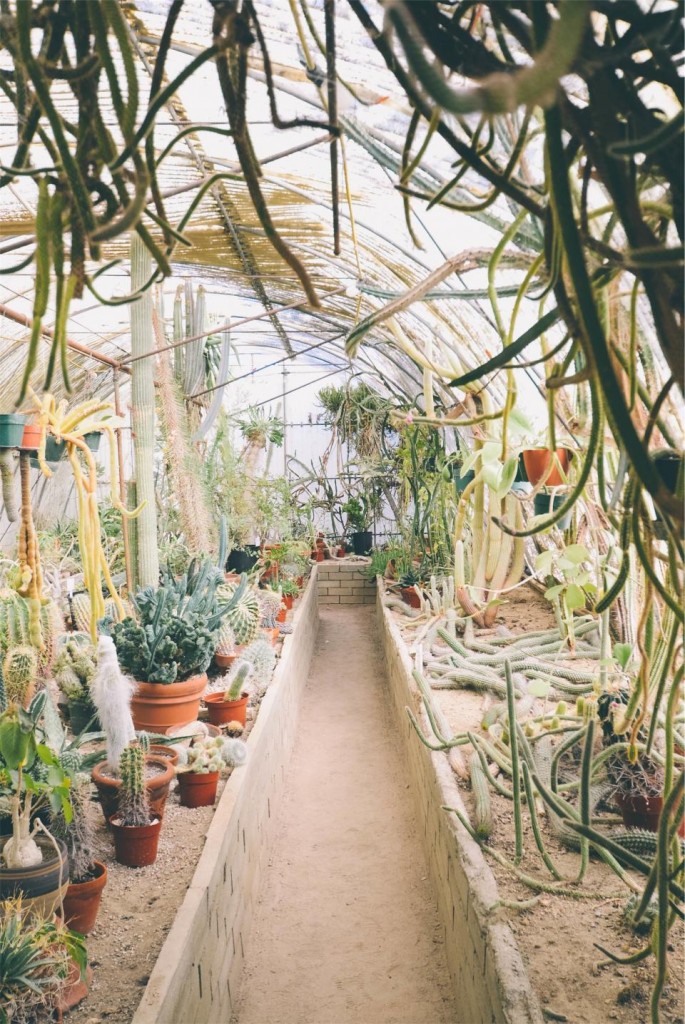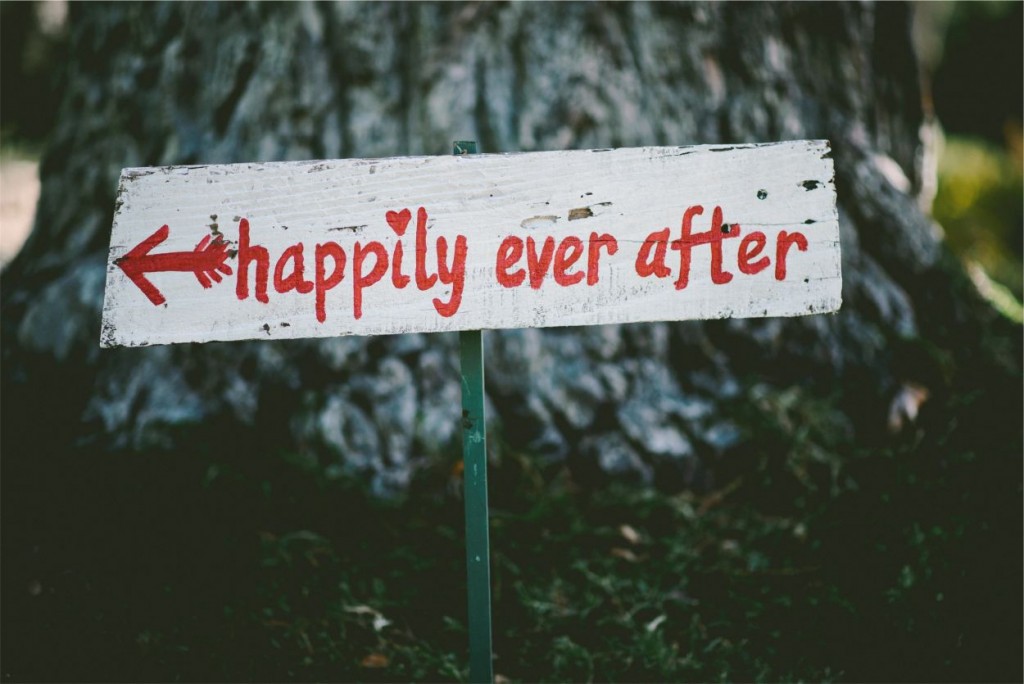So many people are inspired by Veganuary, yum recipes, or simply just through research or personal experience to go vegan for the long-haul, and whilst the usual and main concerns are supposedly “where do I get my protein?” and “will I go hungry?”, there are other little issues that crop up and which require careful consideration if veganism is going to be more than just a diet, and instead, be a life path. There are major lifestyle, material and philosophical hurdles to be faced and which make going vegan anything but a thoughtless, casual process. That isn’t to say it’s the beginning of a gruelling existence, but it does give one pause when it comes to choosing what to wear, how and what to eat, and how to navigate social situations.
 Once you become vegan it’s rather harrowing to discover just how many items in your home and life come from animals or animal by-products. For many it’s one of those Que Sera, Sera things; for others it sparks an overhaul of everything from the pantry to the closet. There is the assumption that eating and living vegan is an elite, expensive venture, and that food especially with animal products is not only “easier” but also cheaper. So-called ethical vegans will refuse to touch or own leather, and some will even consider pleather and other faux products to be in bad taste, but poor or new vegans may be rather hesitant to part with treasured, nostalgic items, or simply practical items which cannot easily be replaced. Whilst there are vegan versions of Doc Martens or other products that have seen one through mosh pits, university or the everyday on-your-feet jobs, these may seem on the face of it to be costly, or that going vegan means a severe and sudden drain on one’s bank account and a few hundred trips to the local charity store to drop off the entire contents of one’s home.
Once you become vegan it’s rather harrowing to discover just how many items in your home and life come from animals or animal by-products. For many it’s one of those Que Sera, Sera things; for others it sparks an overhaul of everything from the pantry to the closet. There is the assumption that eating and living vegan is an elite, expensive venture, and that food especially with animal products is not only “easier” but also cheaper. So-called ethical vegans will refuse to touch or own leather, and some will even consider pleather and other faux products to be in bad taste, but poor or new vegans may be rather hesitant to part with treasured, nostalgic items, or simply practical items which cannot easily be replaced. Whilst there are vegan versions of Doc Martens or other products that have seen one through mosh pits, university or the everyday on-your-feet jobs, these may seem on the face of it to be costly, or that going vegan means a severe and sudden drain on one’s bank account and a few hundred trips to the local charity store to drop off the entire contents of one’s home.
There are also issues to be had if you share your life and home with an omnivore or whether you would even consider it. Some vegans don’t mind cooking non-vegan foods for their loved ones or sharing pots, pans, and utensils, but others (like myself!) cringe at the thought of “cross contamination” and keep separate sponges, servings spoons and the like for the odd morsel of animal product that enters the house. Going vegan is a serious decision, and sitting down to negotiate terms is less about creating a dictatorship and more about ensuring that all these odds and ends are figured out in a way that doesn’t disrespect anyone or put them ill at ease in their own home. Omnivores are people too!
So what is a vegan to do? Here are some tips and tough questions to get you started:
Start small. No-one is going to rip your head off if you don’t throw out every single leather or wool item on your vegan birthday, and if they do then they’re not playing nice and you should ignore them or at least respectfully decline their opinion. Ask yourself what your priorities are and go systematically through your house and life.
Clothes and cosmetic products:
- Wear it ’til it’s weathered/donate/sell: Many people choose to wear their non-vegan clothes, cosmetics and accessories until they are too worn for further use and only then start shopping cruelty-free. Many simply cannot afford to get rid of their one pair of work shoes or don’t have a budget to buy another winter jacket or raincoat this year. Don’t let anyone bully you, but start carefully assessing your closet and putting items up for donation. Do you really need all those leather bags, or can you give them to charity and survive with your canvas tote? Do you have a friend that admires your woolen scarf and would appreciate a spontaneous gift? Many vegans believe that non-vegan items should be disposed of entirely because it makes you a walking billboard for cruelty, and others feel that since it exists it might as well go to someone who will appreciate it. Make up your own mind: there is no cut-out vegan, but you can live with abundantly, compassionately, and not to mention fashionably.
- Start shopping vegan for new items: Whatever your decisions about what you already own, try and make sure your future splurges and shopping trips are cruelty-free by checking labels and scouring the web. Start saving up for a good pair of vegan shoes if you feel off-the-rack synthetic products are too flimsy or lacking in style. For make-up you can easily check out local vegan brands on the web or even subscribe to Vegan Cuts Beauty Box for a monthly surprise. Going vegan isn’t a punishment! You can still look gorgeous and buy wonderful things that doesn’t involve suffering. Seriously, chic vegan!
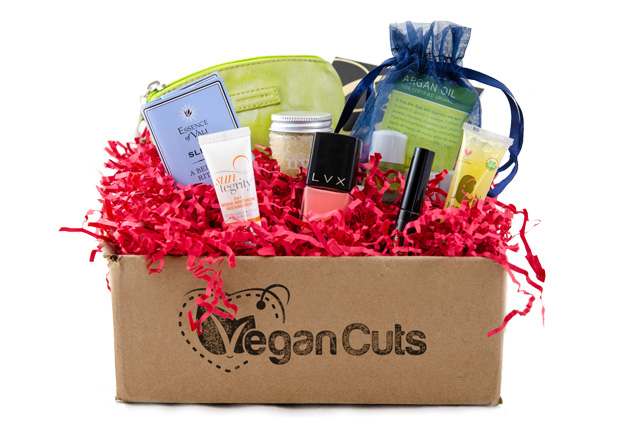
- Keep others informed: this applies more if you’re the sort to get woolly socks for the holidays or specially knitted goodies from family and friends. You may feel like a pain but it’s better than declining a gift that someone’s worked on for months or carefully chosen for your pleasure. It really depends on your relationship with the gifter; sometimes you can re-gift with ease if it’s a once-off exchange, and other times your family members will ask why you’re not using such and such an item and be very offended if it’s not on your person or proudly displayed. You may get the whole “I don’t know what to get you” vibe because so many go-to gifts are based on animal products, so perhaps suggest they donate to your favourite charity or else demand decadent vegan chocolate, depending on your personality.
Food and eating out:
- Trash, donate or dig in? Again this is a personal choice. Some people immediately bin their food items with animal products if it’s a sudden shift, others may donate the foodstuff, and a fair number will also splash out on “last meals” with pizzas piled high with extra cheese and salami or tubs of ice-cream swirled with blocks of white chocolate. If you’re grossed out by animal products then obviously the last point won’t apply to you, but seriously consider donating your food if possible. Whilst hardcore vegan activists will tell you you’re only encouraging others instead of educating them, there are enough hungry people in your local community that will say otherwise.
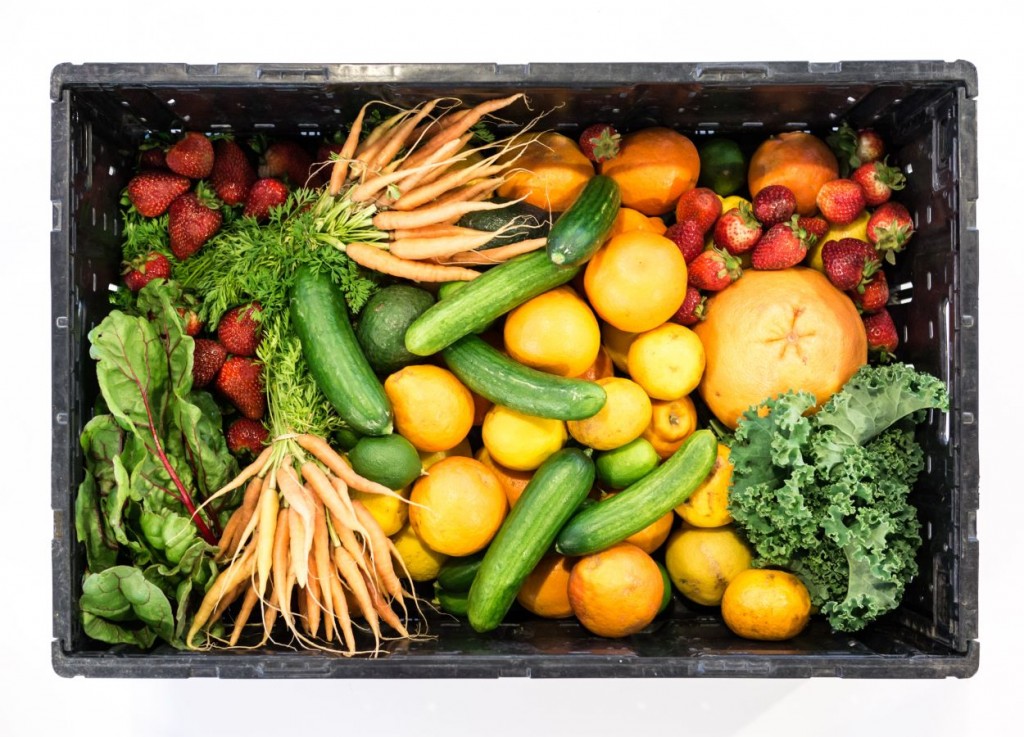
- Spring-cleaning the kitchen/living in a “multivore” home: Do you share your home with an omnivore? You may consider separate kitchen items to avoid frying your veggie stir fry in a pan that is used for meat most days, but this can be considered a pain for some who don’t really concern themselves with such matters and focus on “big-issue” vegan topics instead. Some people consider it enough to simply cook their own vegan food and let their partner make any additional dishes of their own choosing, but others find it difficult to reconcile their lifestyle with a constant reminder of animal cruelty. In our household we don’t bring any animal products in, and if my husband is accidentally gifted a pot of pesto made with cheese or we have to make wet food to medicate the cats there are spoons specific for that. I’m a rigid Capricorn, and he’s a very patient Taurus, if you’re into that sort of thing, but not every relationship can handle a hard-line attitude on one or both ends. If you are in a multivore relationship and household don’t be an ass, and don’t let other vegans make you feel like one either: you are your own vegan, but those sharing your household need respect too.
- Eating out and about: If you’re lucky enough to live in a city with lots of vegan restaurants and cafés, yay! If not, remember to call or email ahead and make inquiries about menu alterations. If you’re also concerned about how the food is prepared (AKA in meat-y pans and cheese-y mixing bowls) then again make sure you ask beforehand and don’t put your poor waiter on the spot. Many people will send back food that’s got animal products in it even after requesting a vegan meal (I’ve done this), and others think it extremely ungrateful.
If you’ve been invited to dine with friends or family at their home, at a park picnic, or whether you’re hosting it yourself, be sure to let the host/ess know if you’re either bringing your own grub and utensils or how they should prepare something for you. You may feel very embarrassed, especially if you’re a people-pleaser, but checking whether people actually know what vegan means will save you from a gelatin-laden cheesecake or a dingy salad that’s smothered in mayo at the last minute when you turn your back. For some vegans, however, it’s considered rude to decline vegetarian food, such as birthday cake or a specially prepared meal. Again, that mostly happens when people around you don’t know what vegan is or that you feel strongly about avoiding animal by-products. It’s up to you to decide how to handle each person and situation. Learn how to cook some basic but delicious vegan treats and meals to eat yourself or share so that eventually everyone will see that it’s not so terrible or assume that you’re deprived.
- Animal companions: Personally I feel that one has to seriously consider the health of your pet above all else, but more and more you can find vegan dog food or dog treat recipes online, for example. Some animals are not vegans and there aren’t always vegan alternatives: my cats eat special cat food for their wonky digestive systems that’s animal-based because there’s nothing on shelves or at the vet for that purpose that is vegan, at least not in my city. There’s even a poster at my vet with a cute cat that says “I’m not a vegetarian!”. It sucks but that’s life. There are conflicting opinions, so do your research and see what works for you. I’ve seen too many bird entrails and rat livers scattered across my carpets to have any doubts about what my kitties prefer, even if they occasionally do eat grass. If you’re a newly minted vegan try considering a vegan pet if it makes you feel better.
Living sustainably:
There are so many odds and ends when it comes to transitioning to an ethical vegan lifestyle that may not occur to you until it smacks you in the face. I didn’t give a second thought to my favourite comfy leather computer chair until one day when it hit me and wouldn’t stop nagging me until I got another chair. I’m still saving so that we can upholster the dining room chairs we were gifted, but I won’t apologize in the meanwhile for having leather seats when we don’t have the funds to go out and buy a brand new ethical set quite yet.
Being vegan doesn’t mean that you are automatically required to carry the weight of the world on your shoulders and be a martyr for all things, but you may find that you naturally start considering more and more aspects of living differently and more compassionately, and that it may involve more than just changing what goes on your plate. Many vegans also have their own veggie gardens, recycle, are plastic-wary, and avoid palm oil products, but so too do non-vegans.
Whilst you go about your business of veganizing your home and life consider your actions not only from the perspective of a vegan in the world but as an individual who has the capacity to minimize waste and their negative impact on the environment and others. Don’t give yourself or others a hard time but find joy in transforming your life step by step! There is no such thing as the perfect or all-knowing vegan, and there will always be different camps. Some fight to stay as “clean” as possible, and others advocate for chilling out and living stress-free.
Being and living vegan should become a natural part of your life and should mean compassion for both animals and humans. Navigating a vegan diet and lifestyle affects more than just you alone, so take the time to discuss changes you make with people around you so that cruelty-free living isn’t a social death sentence or something which precipitates a nervous breakdown that ends up with you living under a hemp tee-pee drinking puddle water in an effort to be the uber vegan, forgoing all earthly pleasures. Educating yourself is a lifelong process and it is possible to live abundantly as a vegan!
